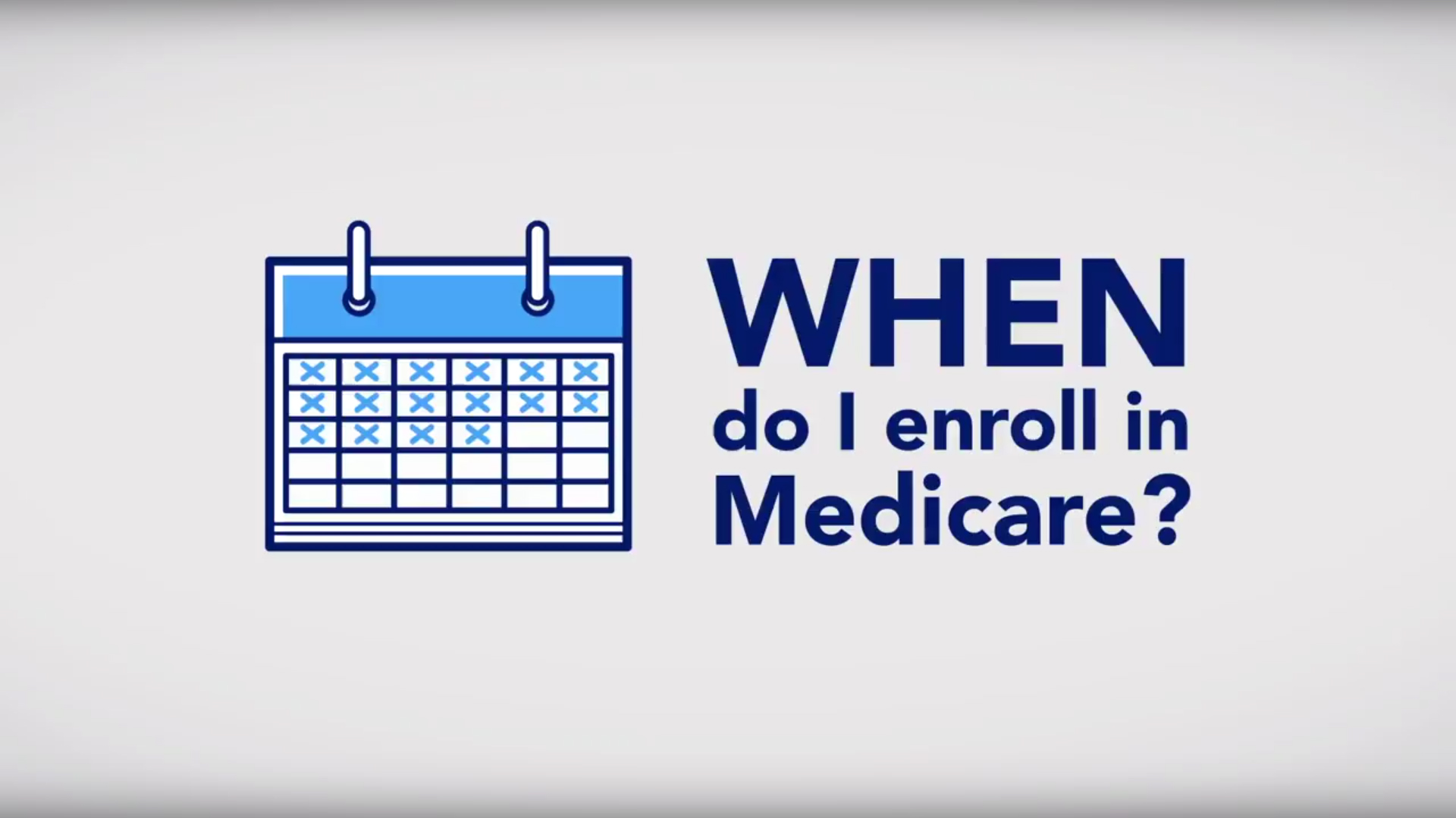Join Us Live for a Discussion on Medicare, Democracy, and the Future of Health Care
New York Times Article Highlights Complexities of Part B Enrollment and the BENES Act’s Legislative Solutions

While most people newly eligible for Medicare are automatically enrolled in the program because they are receiving Social Security benefits at age 65, a growing number are not—and can face significant challenges in knowing how and when to do so. A recent article in The New York Times, “Why You Shouldn’t Wait to Sign Up for Medicare Part B,” highlights these complexities through the experience of Mr. Zeppenfeldt-Cestero, whose mistake in delaying Part B triggered punitive financial penalties and harmful coverage gaps.
The article also focuses the BENES Act (S.1909/H.R. 2575), in particular that it would help prevent enrollment mistakes by modernizing and simplifying the Part B enrollment process, and by sending notices to people who are approaching age 65 that clearly explain Part B enrollment.
As you approach age 65, be sure you understand your #Medicare options and what you need to do to avoid costly penalties and coverage gaps. This article outlines some of the issues people may face if they delay signing up. https://t.co/pD9FitEDIu @nytimes @paula_span #BENESAct
— MedicareRightsCenter (@medicarerights) October 29, 2018
As people work later in life and defer Social Security, they may not be aware that such a deferral means they won’t be automatically enrolled in Part B when they turn 65. Rather, these individuals must make an active Medicare enrollment choice, taking into consideration specific enrollment periods and existing coverage. If this transition is mismanaged, beneficiaries may face lifetime late enrollment penalties, higher health care costs, gaps in coverage, and disruptions in care continuity.
At Medicare Rights, we know how difficult it can be to smoothly transition from other types of health insurance coverage to Medicare. Among our most frequent helpline calls are those from or on behalf of people with Medicare who mistakenly failed to enroll in Medicare Part B on time, and who are facing significant health and financial consequences as a result.
Some of the most common enrollment errors are made by newly eligible beneficiaries struggling to understand Medicare’s coordination of benefits rules, which govern how Medicare interacts with other types of health insurance coverage. Different rules apply to those with employer-based coverage, retiree coverage, COBRA coverage, Marketplace coverage, or no coverage at all.
The rules are so complicated that even the most sophisticated human resources experts struggle to follow them, and many employers’ benefits departments lack the Medicare knowledge to guide their employees and retirees on Medicare enrollment. Further, the federal government provides virtually no notification to people who are nearing Medicare eligibility–and who must actively enroll–about when and how to do so. As a result, people with employer-based coverage often bear the full burden of understanding and navigating Medicare’s complex enrollment rules—which can lead to costly mistakes.
The bipartisan BENES Act would significantly alleviate these challenges by empowering beneficiaries to make timely, well-informed decisions, and by streamlining the outdated Part B enrollment process. Together, these changes would help prevent costly enrollment mistakes for millions of Americans.
With fewer people automatically enrolled in Medicare — and 10,000 people reaching Medicare eligibility age each day — the BENES Act’s reforms have never been more urgent. Medicare Rights continues to advocate for swift passage of this important, broadly-supported legislation.
Read the article, “Why You Shouldn’t Wait to Sign Up for Medicare Part B.”
Read more about the BENES Act.
Show Comments
We welcome thoughtful, respectful discussion on our website. To maintain a safe and constructive environment, comments that include profanity or violent, threatening language will be hidden. We may ban commentors who repeatedly cross these guidelines.
Help Us Protect & Strengthen Medicare
Donate today and make a lasting impact
More than 67 million people rely on Medicare—but many still face barriers to the care they need. With your support, we provide free, unbiased help to people navigating Medicare and work across the country with federal and state advocates to protect Medicare’s future and address the needs of those it serves.
The Latest
Most Read
Add Medicare to Your Inbox
Sign up to receive Medicare news, policy developments, and other useful updates from the Medicare Rights.
View this profile on InstagramMedicare Rights Center (@medicarerights) • Instagram photos and videos









